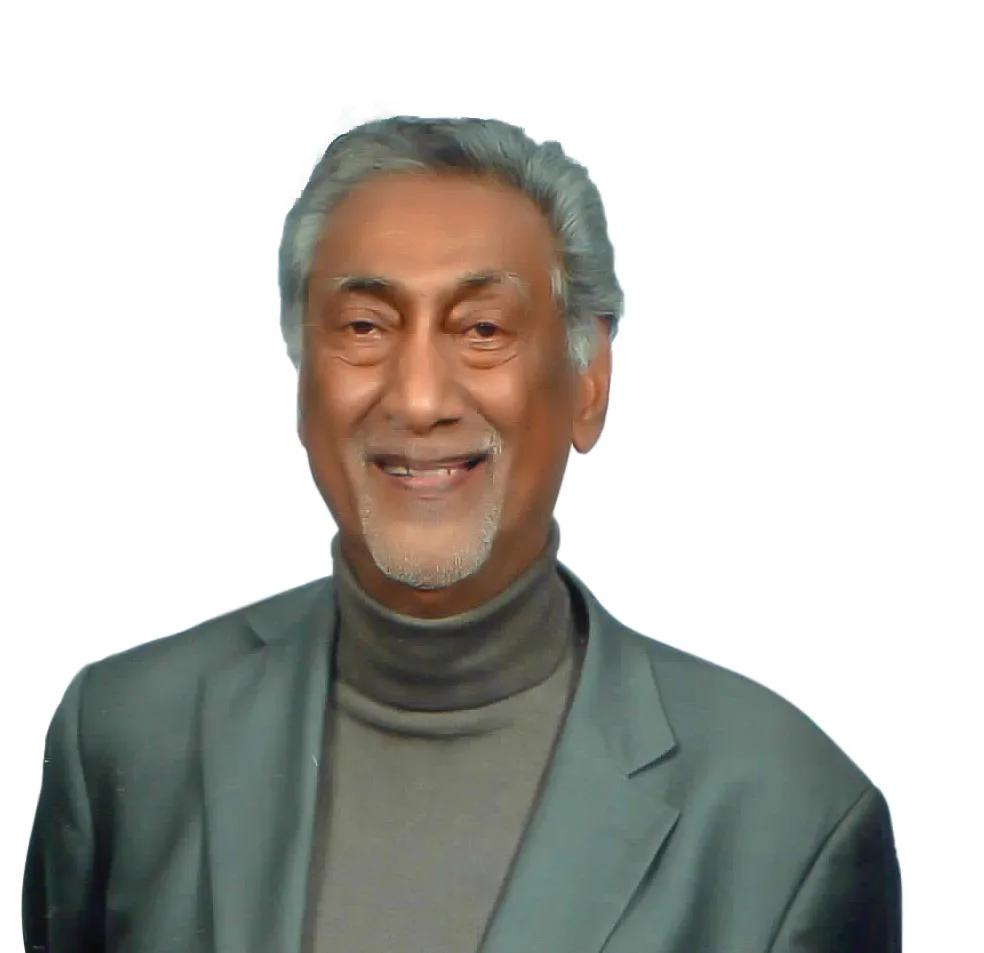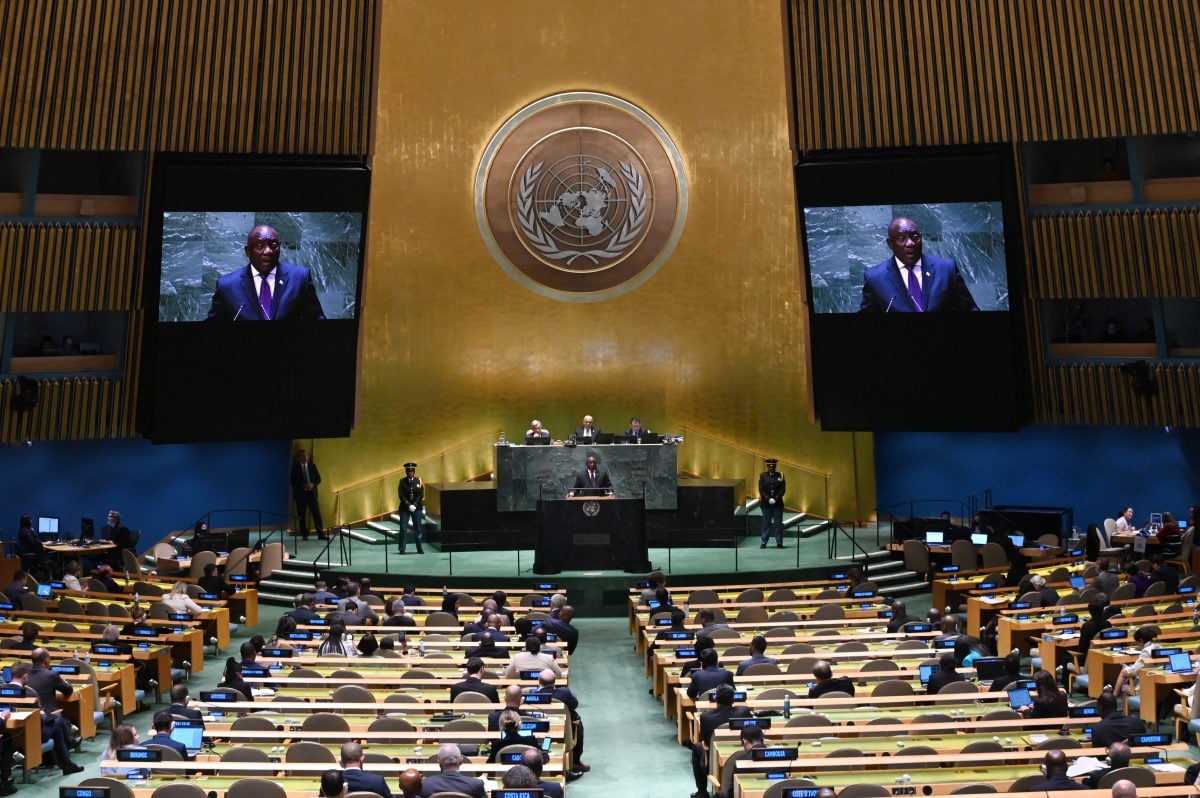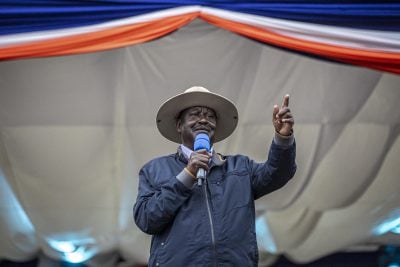This month, the world observes the 80th session of the United Nations General Assembly (UNGA). The annual event will take place at the UN headquarters in New York City and as always, representatives of virtually all countries of the world will congregate, make speeches, hold meetings and participate in hundreds of side-events.
This annual event, during which earnest-looking people clutching briefcases will be dashing about hither and thither, and the media packs will quickly establish the global pecking order by crowding some delegates and ignoring others, has become so ritualised that it has been taken for granted and mostly ignored by the majority of the world’s population, who have their own pressing problems to focus on.
But perhaps the world – the ordinary people – should be paying more attention because the UN itself has been coming under increasing threat. Over the past few years – indeed as the very conditions that led to its creation at the end of the Second World War now again manifest themselves and threaten to run out of control – powerful nations have been sidelining and even ignoring the institution. There are attempts to render it irrelevant.
It has come under repeated attacks, for example by Israel for criticising its conduct of the war in Gaza, It has been accused of being anti-Semitic; the secretary general António Guterres has been declared a persona non grata and humanitarian workers have been killed and wounded.
Despite the UN’s increasingly desperate pleas to end the slaughter of innocents in Gaza and Sudan and allow urgently needed humanitarian aid to reach the most vulnerable, the atrocities continue with even greater ferocity.
The institution’s finances, which depend on contributions from member nations, are in a precarious state as many have either not paid in their dues or are deliberately withholding them.
In the face of the blatant disregard for human rights and the air of impunity with which some countries conduct themselves, the body is being seen as toothless by large sections of the world’s population.
The UN cannot and does not have the means to intervene in conflict areas, even when a genocide, as in Bosnia, Rwanda, Darfur and other places, is clearly taking place. It can only do so through peacekeeping forces mandated by the UN Security Council.
In addition, the power of the veto that members of the Council possess means that even a decision reached by the majority of the UN members can be dismissed and therefore not implemented, if any member chooses to vote against it.
Never again
It should be remembered that the UN came into being following the horrors of the Second World War. It is estimated that the war caused the death of 70-85m people worldwide, about 3% of the global population of 2.3bn in 1940. This included circa two million Africans who fought in various theatres of the war on the Allied side. The scale of mass murder, torture, cruelty and sheer sadism has no precedent in history and neither has the scale of the total devastation of cities, agricultural lands and industries.
Contemplating the depths to which mankind could sink when the orgy of killing and destruction finally ended, the powerful global leaders decided to erect the United Nations as a unique institution where nations could gather and discuss their issues instead of engaging in wars. The watchword was ‘never again’.
Today, the UN remains that only institution on earth where diverse nations can come together and discuss issues in safety and hopefully find peaceful resolutions to their conflicts.
Over the decades, the mandate of the UN has expanded beyond conflict resolution to cover the general improvement of the lives of all people, including fighting diseases, poverty, ignorance, tyranny and so on. The Sustainable Development Goals are a case in point.
That some countries use the United Nations and its conferences to flex their muscles, dig in their positions or create impediments instead of solutions is not the fault of the UN or its secretariat. The UN has been and continues to be the only global institution standing between peace, stability and fairness on one side and chaos on the other. We undermine it at our peril.
With 54 member states, Africa has the biggest representation at the UN and numbers count when it comes to voting, as well as influence. The continent should make itself seen and heard prominently and clearly during UNGA. This august institution needs all the help it can get.
Want to continue reading? Subscribe today.
You've read all your free articles for this month! Subscribe now to enjoy full access to our content.
Digital Monthly
£8.00 / month
Receive full unlimited access to our articles, opinions, podcasts and more.
Digital Yearly
£70.00 / year
Our best value offer - save £26 and gain access to all of our digital content for an entire year!

 Sign in with Google
Sign in with Google 



